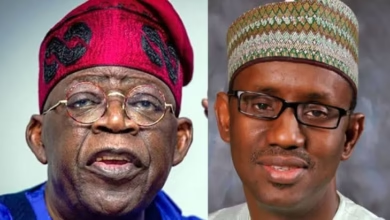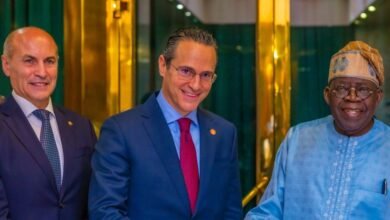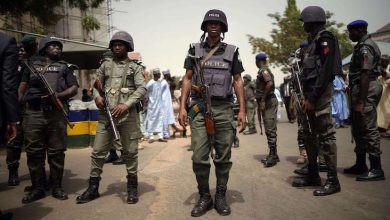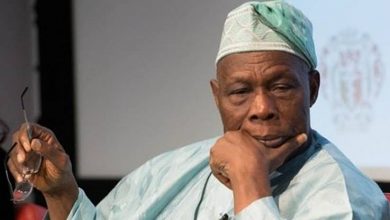News
#SexForGrades: President Buhari Demands Tougher Action Against Sexual Abuse
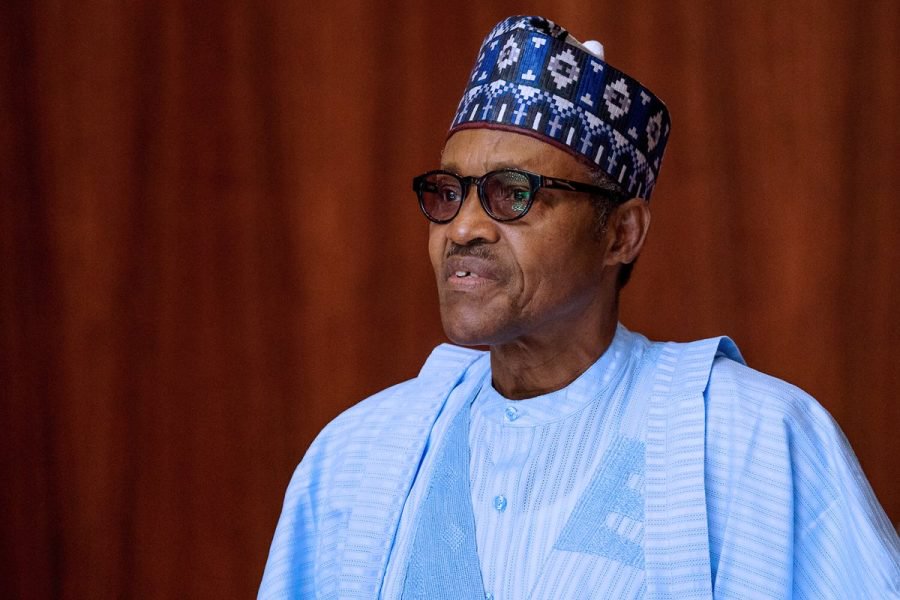
President Muhammadu Buhari says that stricter laws needed to prevent girls from being abused in our schools.
In his reaction to the recent high profile revelation of sexual abuse cases in institutions of higher learning in the country, President Buhari said he is glad that the incident, exposed through under-cover news reporting at the University of Lagos, has spurred an amendment to our laws regarding the issue in the National Assembly. President Buhari said such proposed amendments passed by the Legislature will get his support as long as they conform to the constitution of the Federal Republic of Nigeria.
“The country must do more to address incidents of sexual violence, sexual abuses in our schools, discrimination, human trafficking and cultural practices that violate women’s rights,” said the President.
He urged law enforcement agencies and school administrators to take up such cases with every seriousness and ensure that perpetrators face the consequences of their actions.
“Survivors and their families must avoid cover up. They should be encouraged to come forth and report cases of abuses wherever and whenever they occur,” the President demanded.
Garba Shehu
Senior Special Assistant to the President
Media and Publicity

